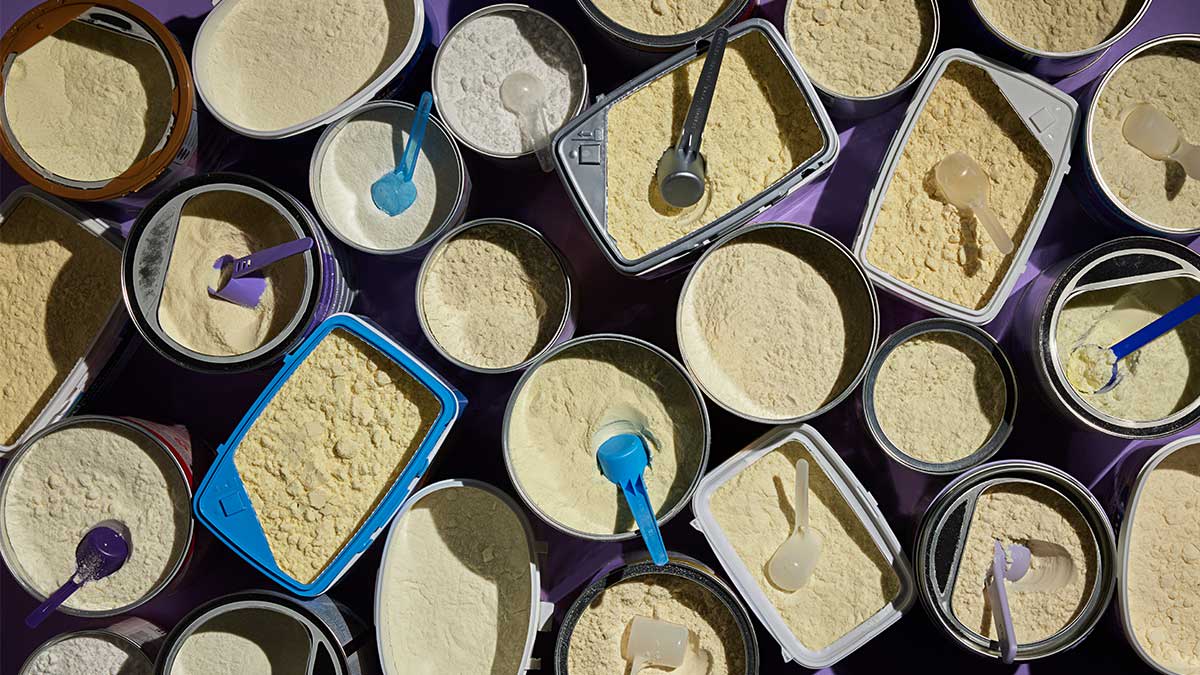Feeding your little one: Navigating the world of baby formula and heavy metal concerns
The arrival of a baby brings immense joy, but also a surge of anxieties, especially surrounding nutrition. For parents relying on formula, ensuring their infant receives safe and healthy nourishment is paramount. Recently, a comprehensive analysis of leading baby formulas revealed some unsettling findings regarding heavy metal contamination. While many parents trust the brands they choose, it’s crucial to understand the potential risks and what steps can be taken to mitigate them.
The study examined a wide range of formulas, encompassing both popular brands and lesser-known options. The results highlighted the presence of heavy metals like lead and arsenic, albeit in varying levels, across multiple brands. This is concerning because even small amounts of these toxins can negatively impact a baby’s developing brain and nervous system. The long-term consequences of heavy metal exposure in infancy can be severe, potentially leading to developmental delays, learning disabilities, and behavioral problems.
It’s important to note that the levels detected weren’t uniformly high across all brands, and in many cases, fell below the regulatory limits set by governing bodies. However, the presence of *any* amount of these heavy metals is cause for concern, especially considering the vulnerability of infants. The study’s findings underscore the need for greater transparency and stricter regulations within the baby formula industry.
The question arises: what can parents do to protect their babies? While complete avoidance of heavy metals is virtually impossible given their presence in the environment, several steps can be taken to minimize exposure:
* **Diversify your choices:** Don’t rely solely on one brand. Rotating between different formulas may help reduce exposure to specific contaminants present in a single product. It’s always wise to check labels and compare different brands, paying attention to any statements regarding sourcing and manufacturing processes.
* **Understand sourcing:** Look for brands that actively emphasize sourcing their ingredients from regions with lower levels of environmental contamination. Some manufacturers are taking steps to implement rigorous testing procedures at multiple stages of production. This transparency is vital.
* **Stay informed:** Keep abreast of any updates and research regarding formula safety. Independent testing and analysis, such as the aforementioned study, offer valuable insights into the quality and safety of different products. Follow reputable organizations that conduct such research and advocate for consumer safety.
* **Consult your pediatrician:** Discuss your concerns with your child’s doctor. They can offer personalized advice based on your infant’s specific needs and risk factors. A pediatrician can help you navigate the complexities of formula selection and address any worries you might have.
This isn’t a call for alarm, but rather a call for informed decision-making. The availability of safe and healthy nutrition for infants is a paramount societal issue. By staying informed, choosing wisely, and advocating for stronger regulations, we can work towards a future where all babies have access to the safest possible nutrition. Remember, the wellbeing of your child is worth the effort involved in making these informed choices. The responsibility lies with manufacturers to prioritize safety, and with parents to be actively engaged and vigilant in their efforts to provide the best possible care.




Leave a Reply